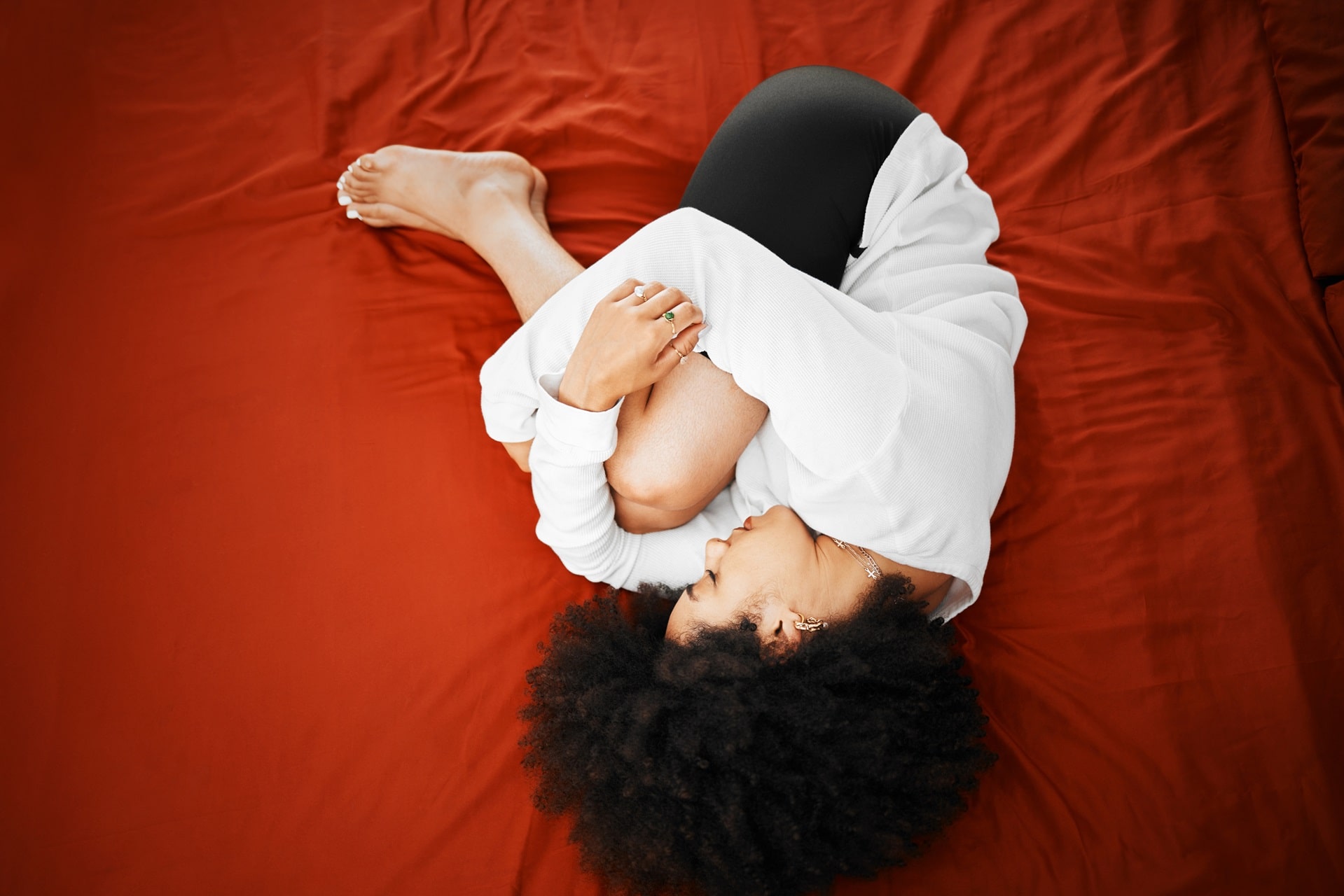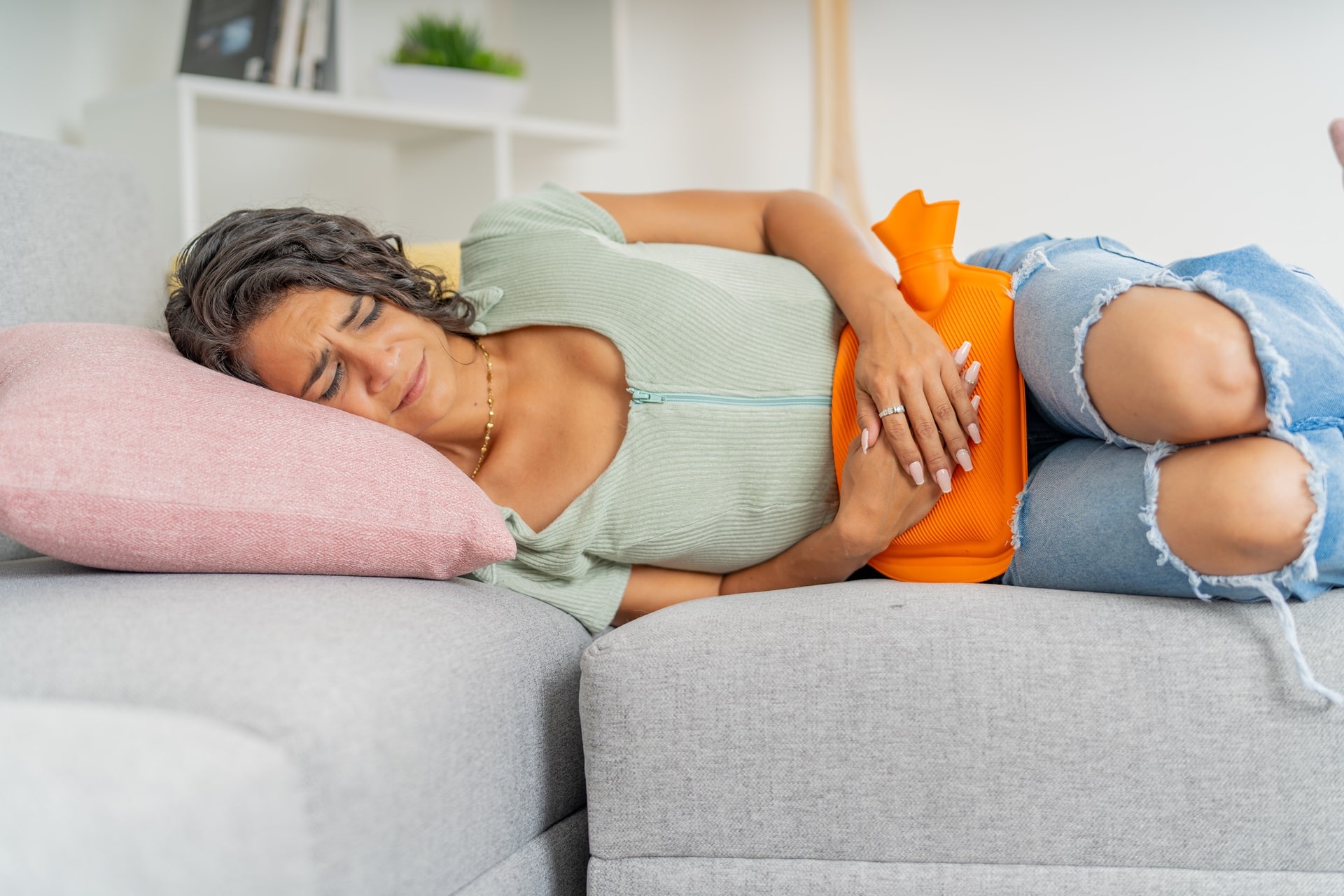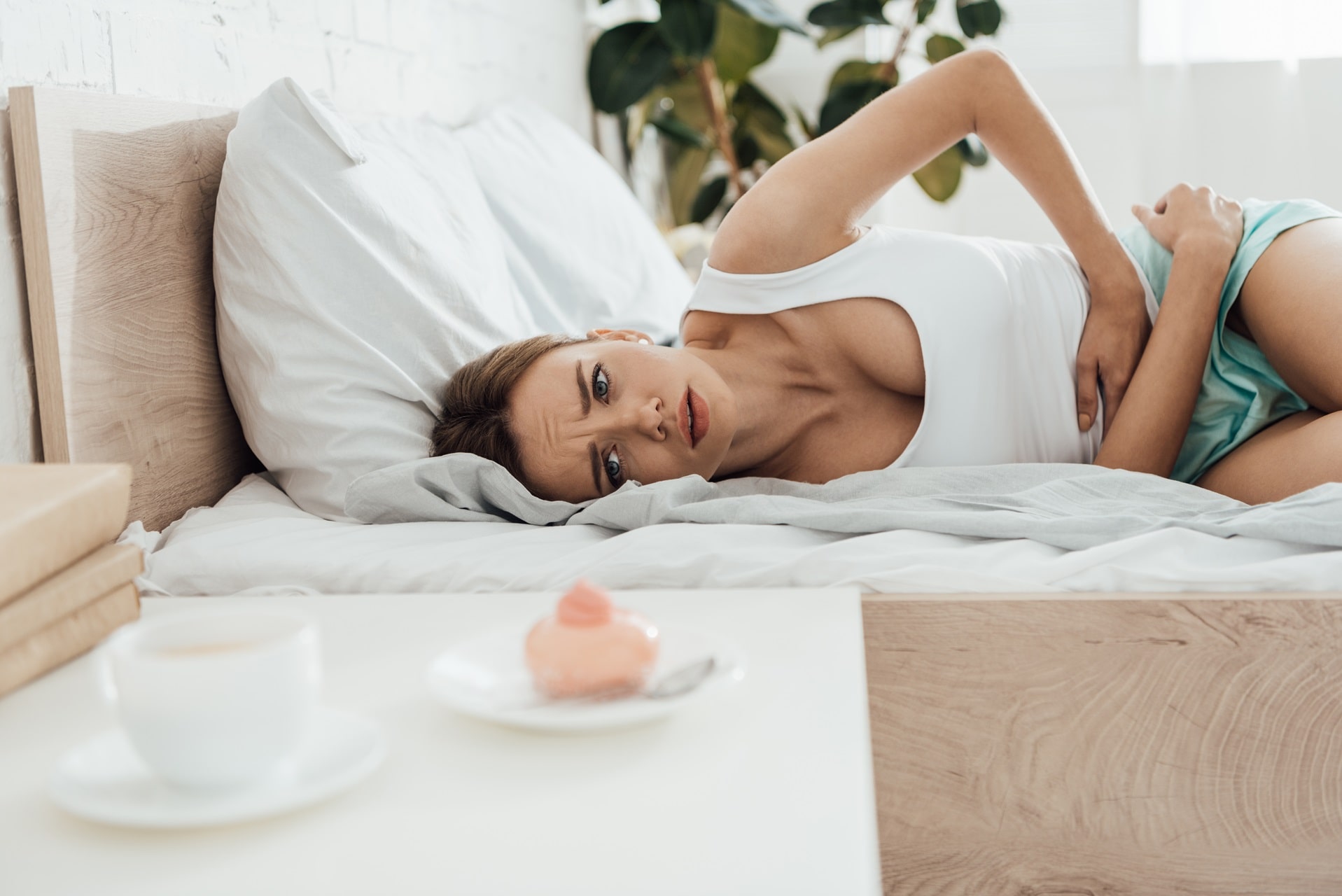Natural remedies for menstrual cramps
Heat therapy is a natural and effective way to relieve menstrual cramps. Soaking in a hot bath or using a heating pad on the lower abdomen can help ease the discomfort caused by menstrual cramps. Heat therapy works by relaxing the muscles contributing to cramping, which can help relieve pain. According to a study, the application of local heat can reduce muscle tension and relax abdominal muscles to reduce pain caused by muscle contractions. Applying heat to the affected area is a simple and accessible remedy that can provide relief for many women experiencing menstrual cramps.
Herbal teas and supplements are another natural remedy that can help alleviate menstrual cramps. Certain teas, such as peppermint and ginger tea, may help reduce bloating and pain. Several herbal remedies, such as ginger, fennel, Chinese herbs, cinnamon, Pycnogenol, and peppermint, have been studied for treating menstrual cramps. Fennel tea, in particular, is known for its pain-relieving properties and is full of powerful antioxidants. Evidence suggests that certain teas, including ginger, green, and fennel, can relieve period cramps. Herbal teas have been used by menstruating women in numerous cultures for centuries because of their calming properties, making them an excellent natural remedy for menstrual cramps.

Exercise and movement can also help alleviate menstrual cramps. Low-intensity exercises such as yoga or high-intensity exercises such as aerobics may provide a significant reduction in the intensity of period cramps. Experts agree that the best form of exercise for relieving menstrual pain is aerobic exercise, which gets the heart rate up, such as swimming or brisk walking. Exercise, including low-intensity walking, swimming, and yoga, may help prevent or relieve period cramps. Additionally, deep breathing exercises can help calm the nervous system, improve relaxation, and release the body's natural painkillers. Stretching exercises, such as low back and glute stretches, can also help alleviate some of the tightness that may develop in the muscles from period cramps. By incorporating exercise and movement into their daily routine, women can naturally alleviate menstrual cramps and promote overall health and well-being.
Lifestyle changes and medical treatments for menstrual cramps
One effective way to relieve menstrual cramps is by making dietary changes to reduce inflammation. Research suggests that diets high in inflammatory foods like meat, oil, sugar, and salt can contribute to period cramps. Instead, incorporating anti-inflammatory foods like fruits, vegetables, whole grains, and legumes can help to reduce inflammation and tame menstrual cramps. A plant-based diet is particularly effective in reducing inflammation and may help to alleviate menstrual pain. Additionally, a recent analysis of studies found that anti-inflammatory foods like salmon, vegetables, fruit, and olive oil can help minimize menstrual cramps.

Stress reduction techniques can also be effective in relieving menstrual cramps. Stress can exacerbate cramps, so engaging in stress-relieving activities like meditation, deep breathing, and yoga can help to reduce the intensity of menstrual pain. A warm bath or heating pad can also provide relief. Instead of high-impact exercises, gentle exercises like yoga and breathing exercises can help to reduce pain caused by cramping. One study found that yoga can release endorphins and prevent or reduce menstrual symptoms.

Over-the-counter and prescription medications can also be effective in relieving menstrual cramps. Nonsteroidal anti-inflammatory drugs (NSAIDs) like ibuprofen can help to block the production of prostaglandins, which are responsible for menstrual cramps. It is recommended to take OTC medicines when cramps start to feel painful. Additionally, cinnamon and ginger have been shown to be effective in relieving menstrual cramps. While OTC medicines may not always cure menstrual cramps, they can often provide significant relief. Other remedies like heat pads, supplements, and over-the-counter pain relief can also help to alleviate menstrual pain.









